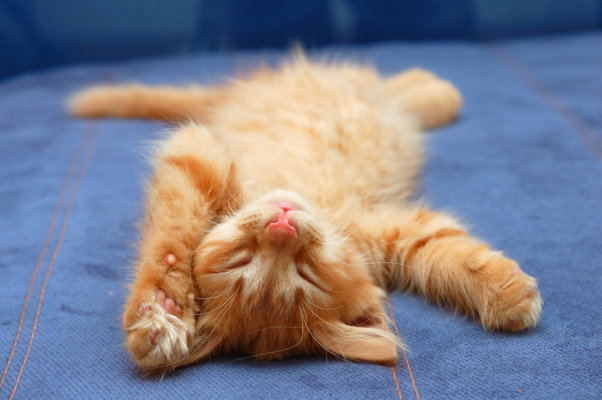Trying to do more, be more and achieve more has always been an American trait.
If we can do more with less, we have achieved the accolade of all accolades. Many people talk of how they don’t sleep enough but “they are getting a lot done.” Startup businesses talk about sleepless nights. College students have all night study sessions.
Whatever the cost, we get it done.
That is what counts, right? Getting stuff done?
In the last five years, one research study after another is revealing a different philosophy. As Tony Schwartz, author, speaker and founder of The Energy Project says, “Sleep or Die.”
It may sound extreme but Mr. Schwartz might be making a valid point. For anyone who considers themselves to be a creative – and who isn’t a creative in some aspect in our information and digital age – a lack of sleep dramatically decreases not only one’s ability to get their best work done; they may not even live to enjoy it.
Consider some of the results of sleep deprivation from these studies, all done in the last 5 years:
- Poor memory (2012 study from UCLA in the journal Child Development)
- Increased blood pressure (2009 study by Dr. Fujikawa, Clinical & Experimental Hypertension)
- Increased risk of cardiac disease and heart attack (2011, University of Warwick)
- Increased risk of diabetes and Alzheimer’s (multiple studies)
- Lower ability to focus (Schwartz, The Energy Project, various studies)
- Decreased creativity and ability to learn new things (2011, University College of London, published in Sleep Journal).
What a bummer.
In his book The Way We’re Working isn’t Working, Schwartz emphasizes the importance of sleep to the point that he recently made the infamous statement noted in the opening paragraph, “Sleep or die.”
Studies show more than 95% of the population needs at least 7 hours of sleep to be at their optimal level but most people never get that much sleep. In a blog post about how sleep deprived we are, Schwarz states, “ We’ve literally lost touch with what it means to be fully awake.”
My curiosity is also alerted about what Schwarz means by being “fully awake.” I wonder how I would live differently, write differently, and think differently if I was sleeping more than 7 hours every night.
But in this activity driven, over-stimulated world can I make the choice to eliminate stuff and activities in order to sleep more and think better? After all, I’m uber-guilty of reading “just one more blog post,” writing one more chapter, creating one more piece of art, answering one more email all into the late hours of the night. To get enough sleep, the sleep Schwartz claims (and studies show) would help me write, work and live better, I would have to make significant changes in my life.
At my worst sleeping habits a few years back, I was getting 3-4 hours of sleep a night. I commuted four hours in addition to working up to a 12 hour day. I was also working on a side writing project. To say I was tired is an understatement. Some of you are doing exactly what I did. I know the pain of trying to make stuff happen, be a good employee and try to stay connected with family and friends. I was exhausted, but trying to pretend I was fine. It worked for about 6 months.
Looking back, the decisions I was making were not good. I was very reactive and there was no sense of vision in my life. I don’t want to return to that: either the lifestyle or the mentality.
I’m back in a place where my sleep times are irregular and inconsistent. It’s not at the extreme deficit I was in, but I know better than to think I’m immune to slipping back to my old ways.
I’m going to try an experiment for the next month. I’m going to prioritize sleep and work on getting 7 hours of sleep every night. I’m going to track my progress and my productivity during my waking hours. The goal would be to experience the feeling of “fully awake.”
How about you? How important do you think sleep is to your ability to think clearly, create brilliantly and live with more energy? What changes would you be willing to make in order to get more sleep?
I am curious to hear your thoughts on the power of sleep and its effect on creativity. Leave a comment.
Melissa is a blogger and artist, pursuing the location independent lifestyle at http://www.launchyourcreativelife.com Follow Melissa on Twitter @melissauclair.








